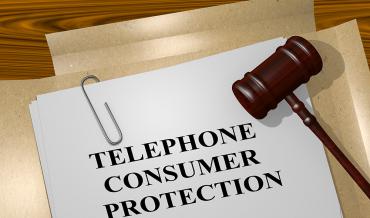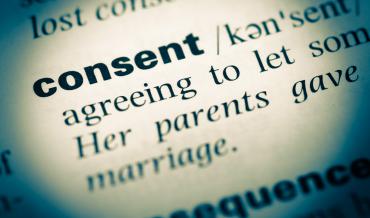TCPA Wireless Compliance Cliff: Lessons Learned One Year Later
One year ago today, significant TCPA changes involving cell phones and autodialers went into effect, forever changing our industry. So, what is the state of the regulatory environment one year after the TCPA compliance cliff?











